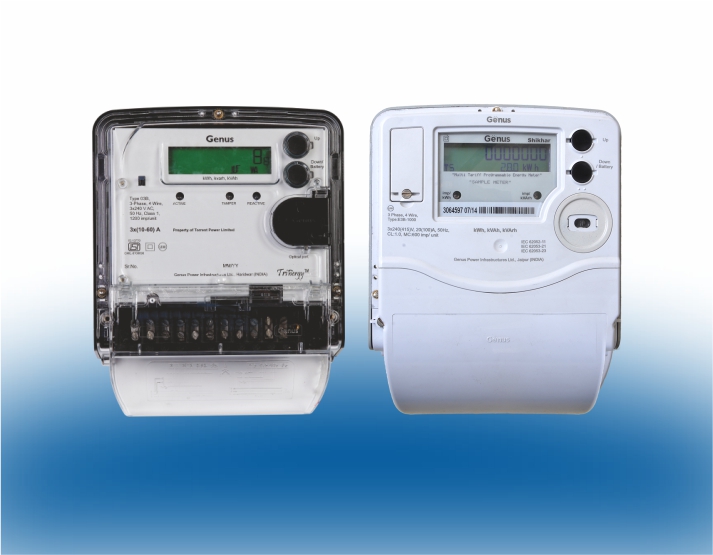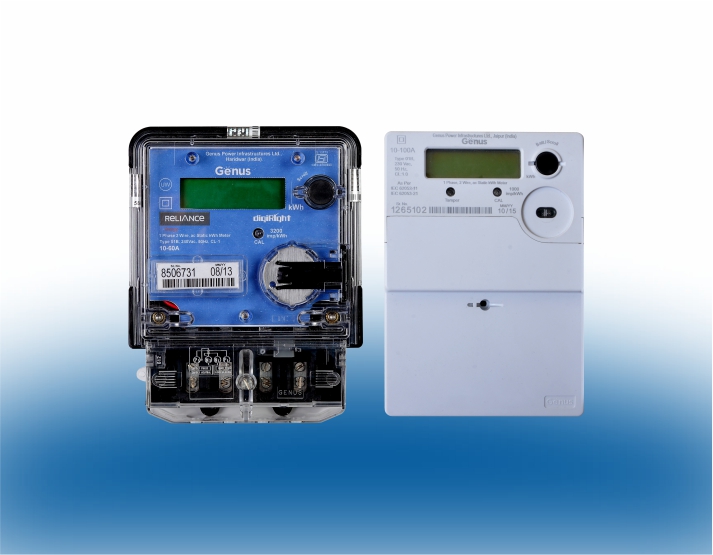Gross Metering vs Net Metering vs Net Billing: A Comprehensive AnalysisPosted by Shubhadha Mahajan on June 24th, 2022 Solar rooftop panels have gained a lot of popularity these days among house owners due to the decrease in their price and the plenty of benefits it provides. Since reserving power is a costly thing to do, solar panels are often connected to the grid. This allows the surplus to be utilized to sustain the system. A metering device like a Genus meter helps you determine how much energy a commercial space consumes and generates a bill based on that data. And on-grid solar consumers with their rooftop solar panels connected to the grid enjoy the same benefits. Two different ways can meter the consumption. These are gross metering and net metering. Let’s discuss these in detail. What is gross metering? Gross metering is a certain type of mechanism in which the entire energy that your solar system generates is exported to the grid at a certain rate. You don’t directly consume the energy that the system generates. First, it is transferred to the grid, and then the grid sells the energy to the consumers at a certain cost. But the total solar generation is measured by the bi-directional meter, while the unidirectional meter is used to measure the total energy import. However, there is often confusion between gross metering and net metering. Many people might think that both these are similar, but they are not. In the next section, we’ll discuss the same in detail. To know more about a 3 phase meter connection, you can talk to Genus Power.
What is net metering? Net metering is a system that provides credits to the solar energy owners for the energy that they add to the grid. When there is an excess production of solar energy by the solar panels, the excess power is transferred to the grid. However, this excess power can be used or taken back when these solar panels can not produce enough energy or properly function like at the night or in rainy days. So with a net-metered unit of solar energy, customers are only billed for the new energy that they have used for a certain period of time. And the adjustments are made on a monthly, half-yearly, or yearly basis. Smart meters help you save a lot on electricity bills. And you can know more about it from Genus Power. What is net billing? Net billing is when the excess power that your solar system generates is sold to the utility for less amount of money than it would cost for you to buy as a consumer. This solar-generated power is treated like any other large-scale power-producing plant that sells power to the grid. End-users can utilize net billing to balance retail electricity buyers, similar to net metering. Gross Metering Vs Net Metering Vs Net Billing As we have already told, gross metering and net metering are different, although they are confused as similar. Have a look at the differences. 1. In the case of net-metering, the energy that the solar system generates is first used for self-consumption and the surplus or left-over energy is only transferred to the power grid in exchange for a certain cost. Whereas in the case of gross metering, energy generated is first transferred to the grid and then consumers can buy it at a certain cost. 2. Net metering requires the installation of a bi-directional meter since here both the import and export of electricity is measured to calculate the net electricity consumption. But in gross metering, there is a unidirectional meter installed to monitor the total transfer of energy from the solar system to the grid. You can know about the best single phase meter price from Genus Power.
3. Gross metering is a good pick for people who have idle space and don’t require to produce solar power for their own energy consumption. So these owners can install a solar system to use the space and export the entire generated energy to the grid to exchange for their monetary benefits. 4. However, the major difference between net billing and net metering is that there are different rates to value the surplus energy that is given to distribution companies and energy that is received under net billing. This means that companies will be able to provide the energy generated by rooftops to grip at reduced prices but sell it at higher rates, thereby giving the distribution companies a higher advantage over the customers. 5. Talking about the financial front, customers can pick one of the metering options in the first place but later they can not switch to the other. Hence, the financials play a key role in the selection of meters. However, the Genus meter is an eco-friendly metering solution that helps monitor your exact electricity consumption in a smart way. It also reduces your electricity bills so overall it’s the best metering choice for homes and businesses. 6. In gross metering, since the entire energy produced is transferred and the PPA is for 25 years, the solar returns are guaranteed for the whole time. In this case, the nominal electricity cost has seen an increase of 5% to 7% year after year. Whereas in net metering, the return of the solar system is determined by the amount of money that is saved on the electricity bill as the outcome of the installation. With the rising cost of power year after year, the savings from solar also increases. Take Away For your better understanding, we can say that net metering is mostly a suitable option for all types of consumers. The next better option will be net billing and gross billing will be the least suitable one for all. For detailed information on the type of smart meters, you should choose for your home or office, get in touch with us. Like it? Share it!More by this author |




